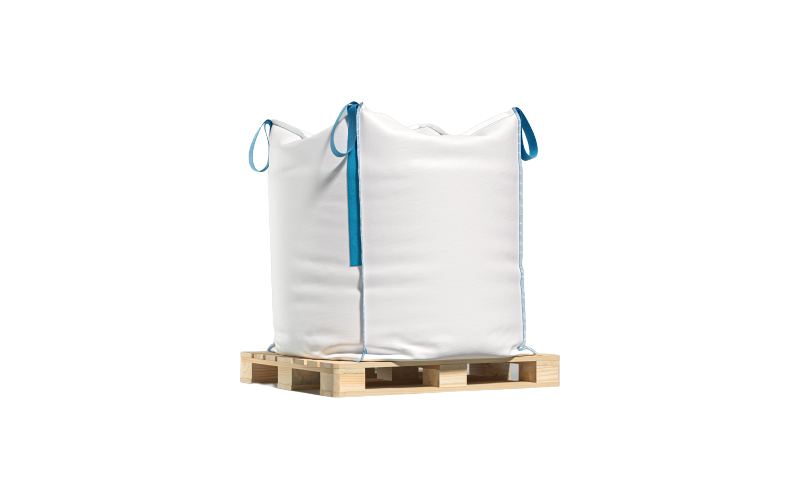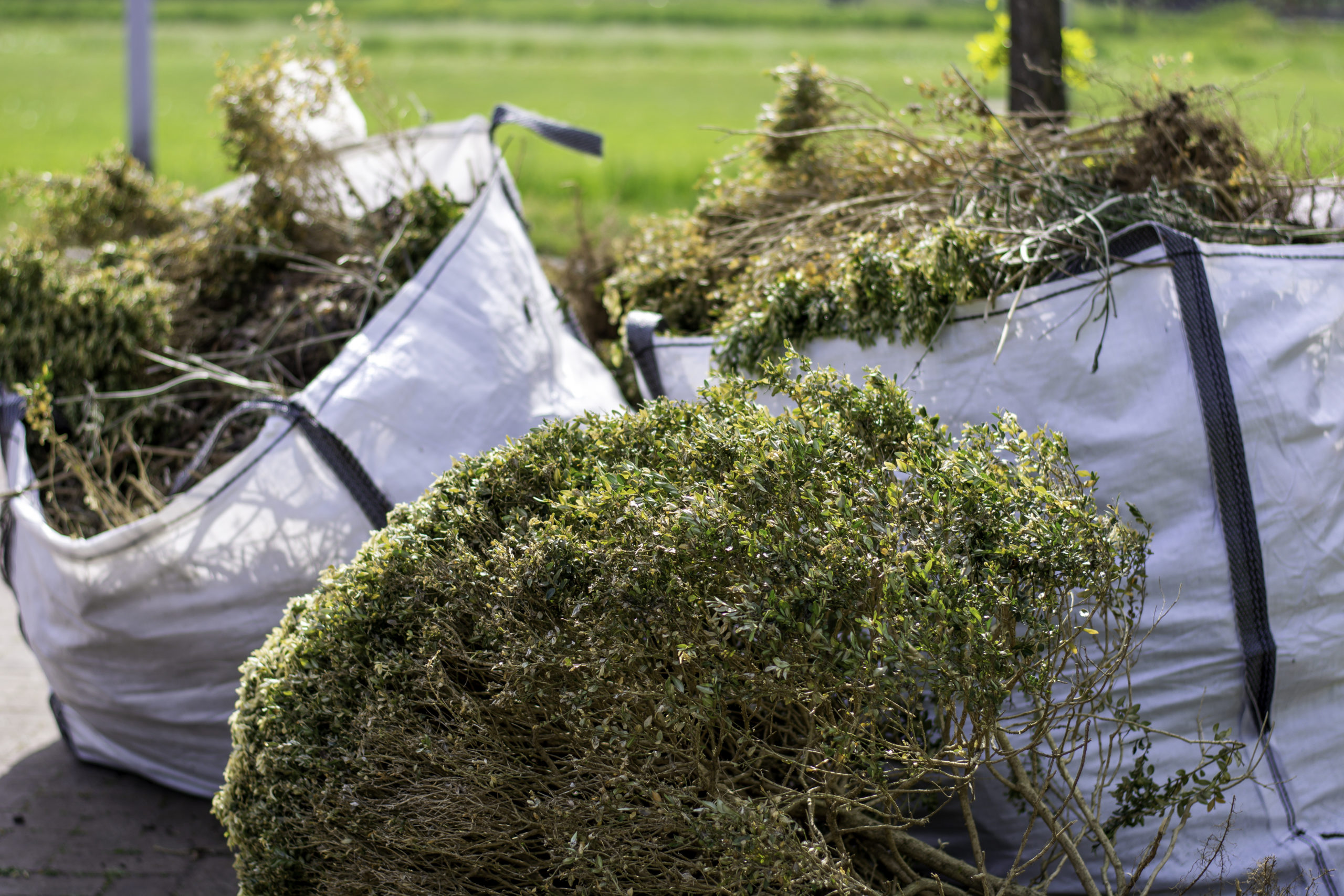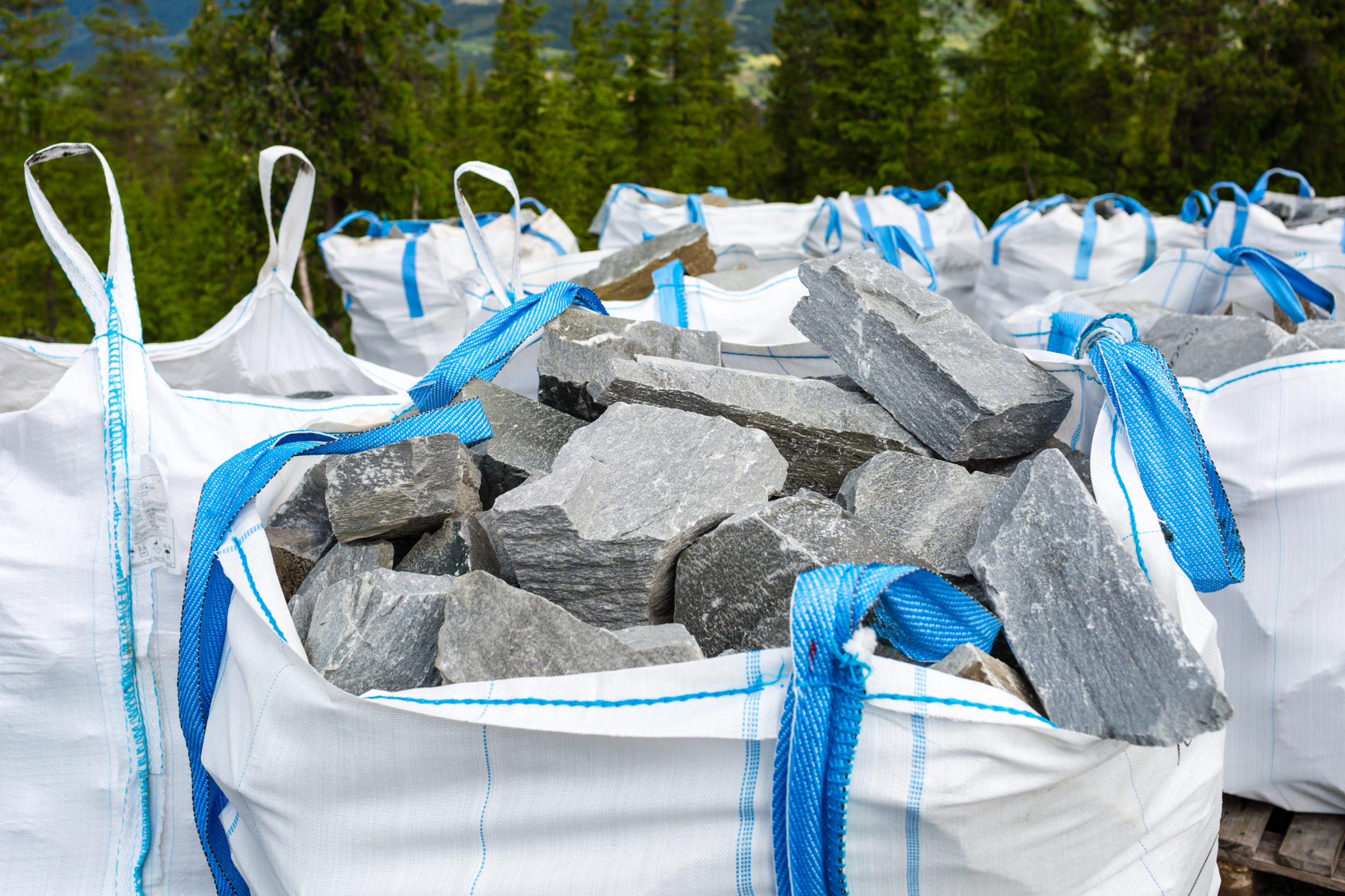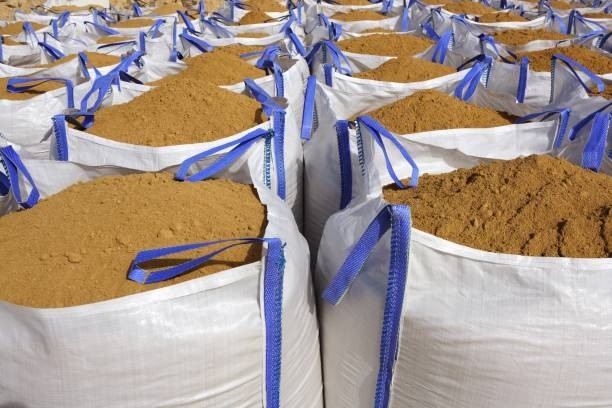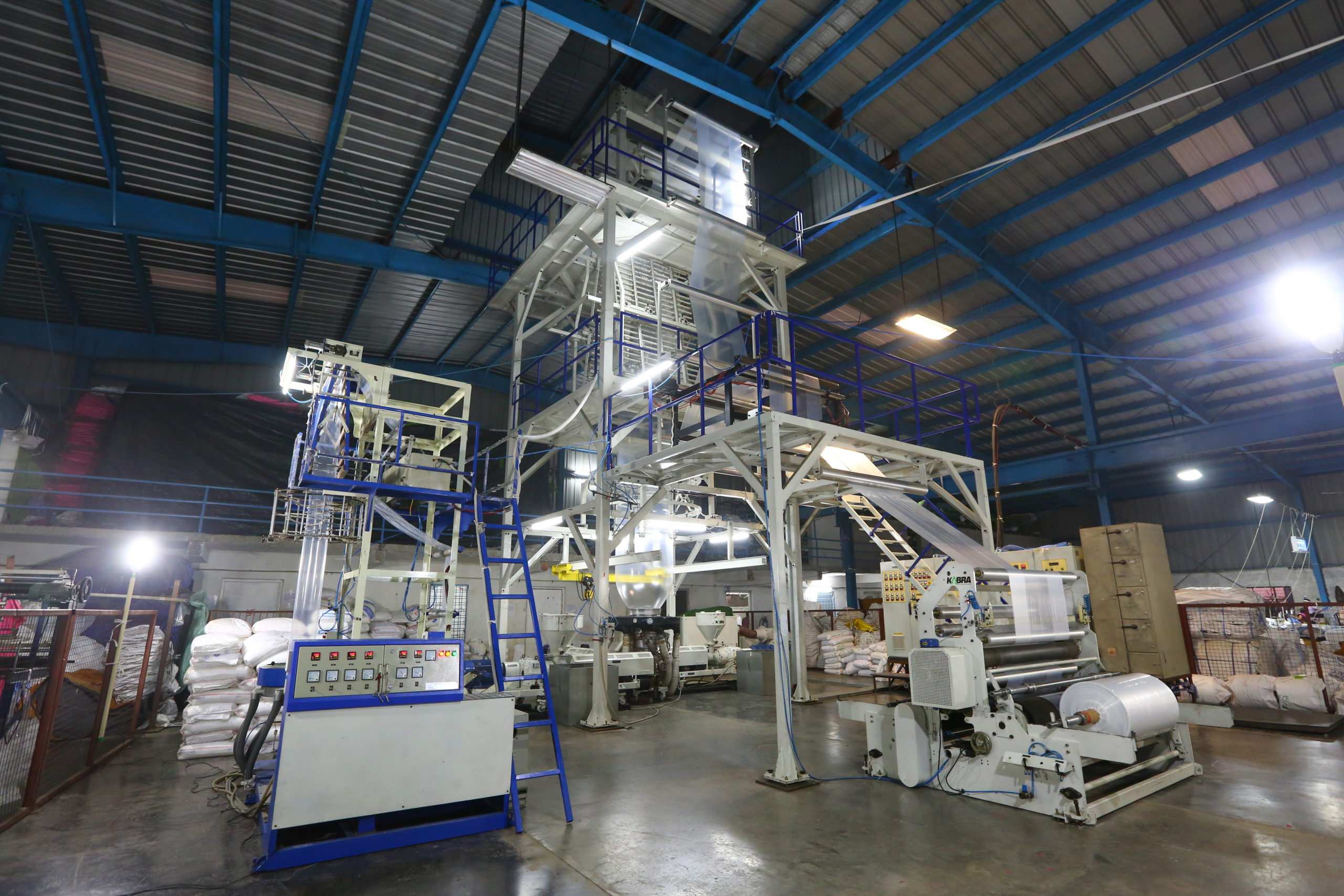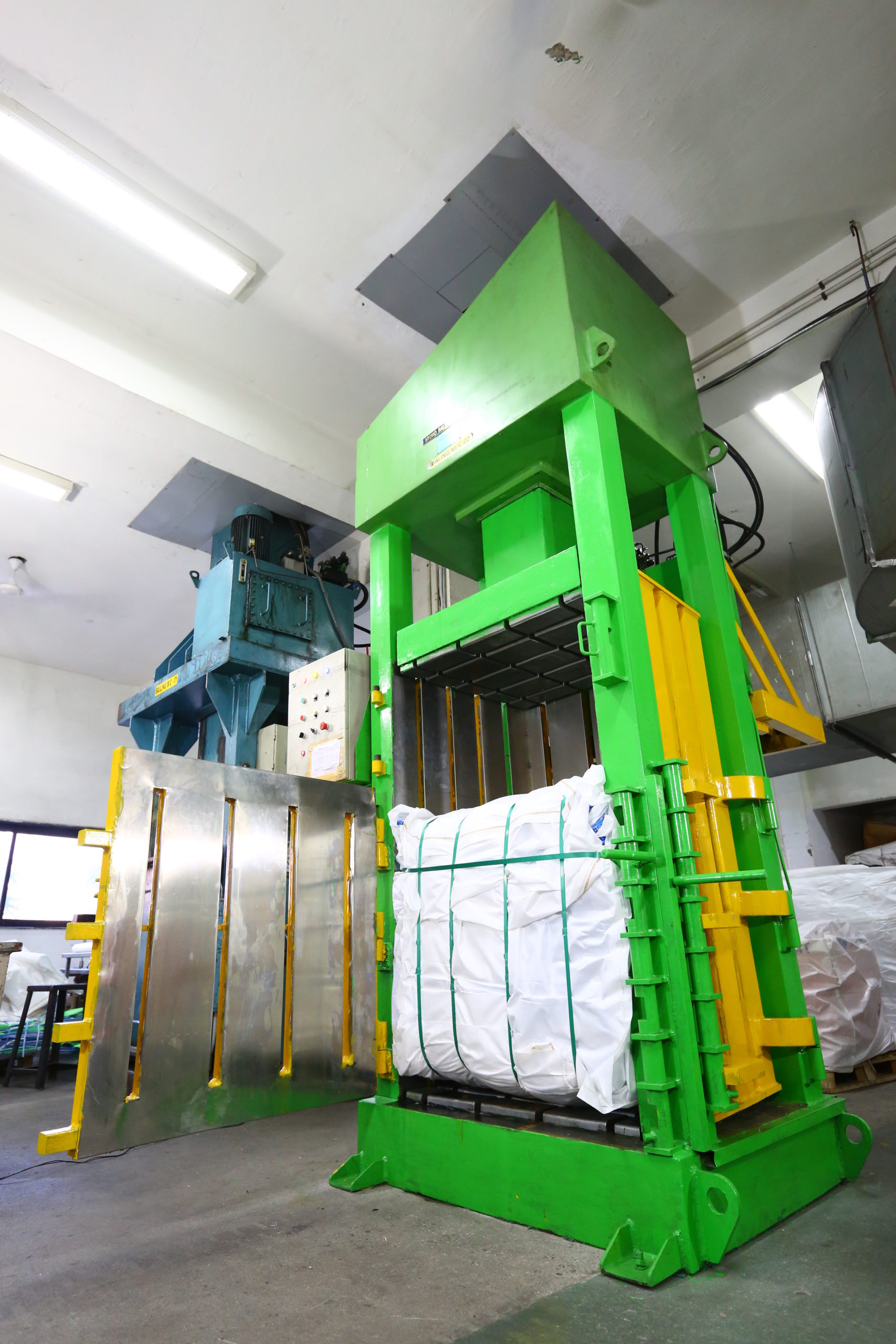Big Bags, also known as bulk bags or flexible intermediate bulk containers, are
versatile containers used for storing, transporting and dispensing dry, flowable
materials such as powders, granules, and pellets. They have become an
essential part of supply chains for various industries such as construction,
agriculture, food, and chemical.
The main benefits of using Big Bags include increased safety, efficiency and
cost-effectiveness. With the option of various sizes, Big Bags can be used to
store and transport large volumes of materials, reducing the need for multiple
smaller containers. Additionally, they are made of durable, high-quality
materials that can withstand harsh weather conditions and rough handling
during transportation.
Another advantage of Big Bags is their ability to be stacked and stored in a
compact space, which maximizes storage space and reduces the carbon
footprint of transportation. Furthermore, they have a wide range of closing
options, including spout tops, duffel tops, and flat tops, making them easy to
load and unload.
In conclusion, Big Bags are a practical and cost-effective solution for the
storage and transportation of dry, flowable materials. Their versatility, durability
and efficiency make them a popular choice for industries all over the world.

